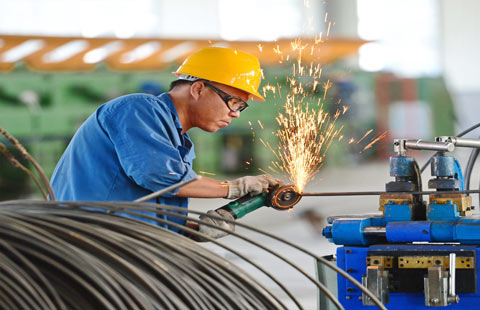Crowd-funded cafes struggle to survive
While the slack business and as a result, low turnover, is the main cause for the deficit, Xiao Fang, one of the 80 shareholders who quit even before the cafe was closed down in March, said that he gave up the dream of being a cafe boss because everyone thinks he has a say in the business, but it turns out that nobody can agree on a final say, and thus nobody enjoys the boss privilege.
In Zhongshan, the 104 shareholders of the local Our Cafe resolved to cut the number of decision-makers to eight, after the cafe "burnt up the initial 400,000-yuan investment for nothing" during the first two months since it opened and has been struggling to make profits.
Lin Minshu, an economics professor at the Xiamen University, says that while the idea of crowd-funding sounds very "dreamy", it also involves a lot of risks that could be fatal for start-ups.
The difficulty in getting consensus from a crowd, coupled with the low level of motivation to solve problems due to small amount of capital invested are enough reasons to kill a micro-business, Lin said. He believes that crowd funding does not reduce the failure risks for start-up businesses, and does not also ensure a good start.
But Yu, the Shanghai cafe co-owner, is optimistic about his dream business, which he positions as the "opposite of Starbucks".
"I wish my cafe could be an oasis gathering interesting people. When interesting people come together, there will be interesting things happening, and making money is just one of the many pluses," he said.
- Comedy cafe Mr Bean puts smiles on lips
- Beijing cafes booming not because of coffee, but space
- Bar, restaurant restrictions for Nanluoguxiang
- Hard-pressed post-80s take a trip down memory lane
- Study identifies changing work priorities of post-80s in China
- Post-80s get businesslike
- Post-80s: The vexed generation?
- Memory of a post-80s generation girl

















